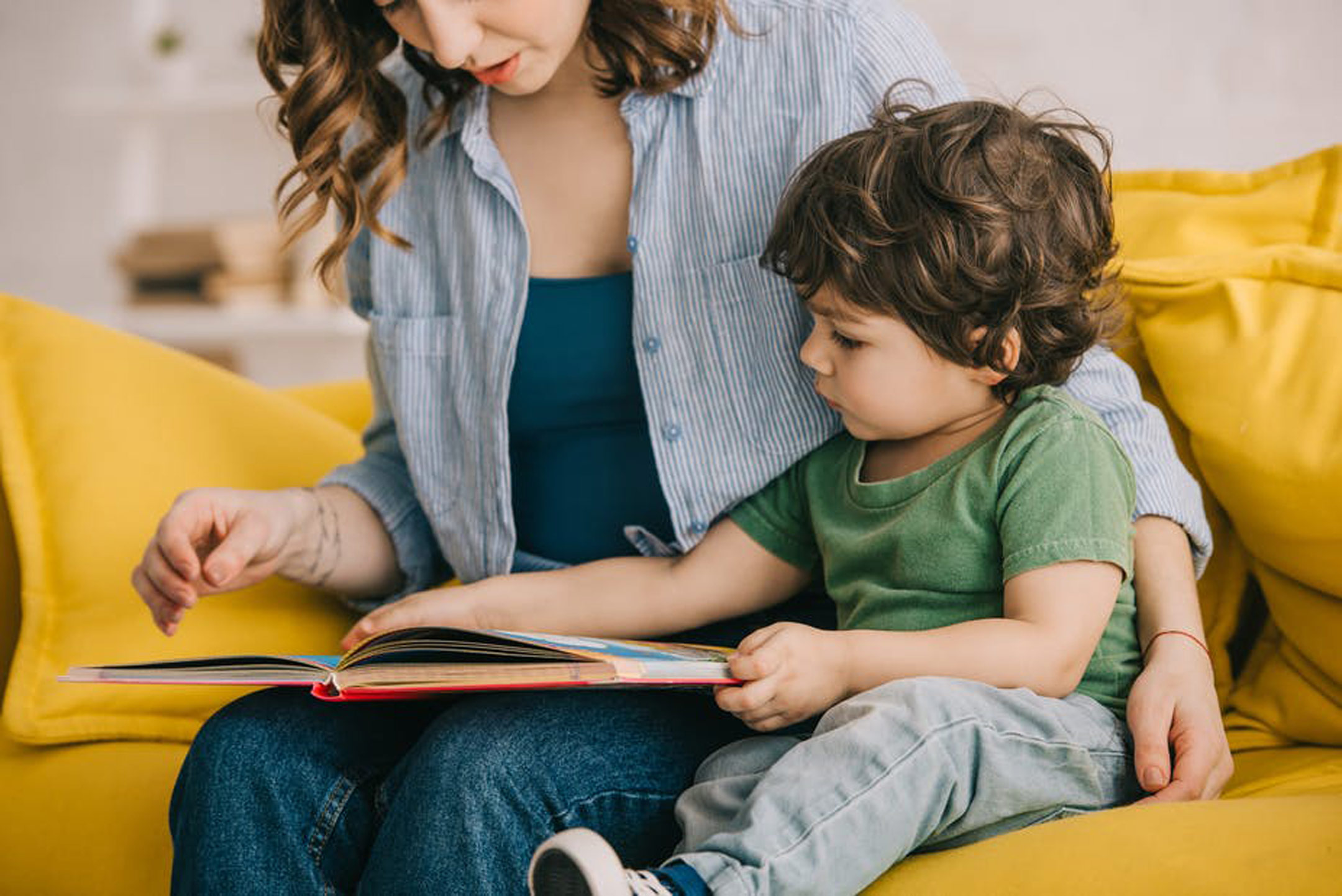
29 Sep Relaxation, routines and reading: supporting your child during COVID-19
These are challenging times for all families. There is a lot going on for parents and for children. Inevitably there is a disruption of regular family routines – home learning for school age children, parents working from home, not being able to see grandparents and friends, being locked out of playgrounds and sporting facilities.
The importance of routines
Routines are important for all of us, but especially for young children. Routines help young children feel secure and to make sense of their day, and helps all family members contribute to the running of a household – who does what, when, how often etc. It can be a routine for meals – setting and clearing the table – or taking the dog for a walk, or getting ready for bed – change into pyjamas, brushing teeth, bedtime story.
Children (and parents) cope differently with disruptions in routines. Some adapt easily, others have great difficulty and it is an additional source of stress. The unanimous expert advice for both adults and children is that a very important part of adjustment to the new reality imposed by COVID is the establishment of routines.
A few moments of mindfulness
One routine, that has benefits for both children and parents, is to set aside some time to read to young children every day, or even several times a day. Set aside a time that works into the family schedule, turn off screens, and find a quiet place. Younger children can sit on parent’s lap, older children close by. Choose a book appropriate to their age, or better still let them choose. This becomes a few moments of mindfulness for the parent, a meditation. And what greater pleasure than snuggling with a young child in an activity that they come to anticipate – because it becomes a routine.
Reading can help children deal with anxiety
But the benefits to the young child are so much more than having quiet one-on-one time with a parent. Reading to young children is a very good way of stimulating their imagination, nurturing their curiosity, and opening their eyes to different worlds of stories, nature, animals, not to mention colours and letters and numbers. Reading books or telling stories can help children deal with anxiety and stress they are feeling because of the disruption to their lives.
Reading to young children has many other benefits too; in fact, it is one of the best activities parents can do to with their young child. The foundations for reading are laid down well before children start school. These so called pre-literacy skills include knowing the alphabet, recognising letters and numbers, understanding that each letter has a sound attached, and that combinations of letters make up words, and then coming to realise that print has meaning. These are skills that are not acquired automatically and have to be taught.
While building these foundational or pre-literacy skills is one of the important things that children learn when they get to preschool or kindergarten, parents can help their child get off to a good start by reading to them on a daily basis from as early as 6 months of age. Reading with children exposes them to new words and amplifies language development. Research has shown that the more words a child is exposed to in the early years, the more likely it is that they will have a solid foundation for future learning.
The Let’s Read website has plenty of book lists and useful resources.
About the Author: Professor Frank Oberklaid, AM, is an internationally recognised researcher, author, lecturer and consultant, and has written two books and over 200 scientific publications on various aspects of children’s health and development. He is Co-Group Leader of Child Health Policy, Equity and Translation at the Murdoch Children’s Research Institute and a Professor of Paediatrics at the University of Melbourne.




